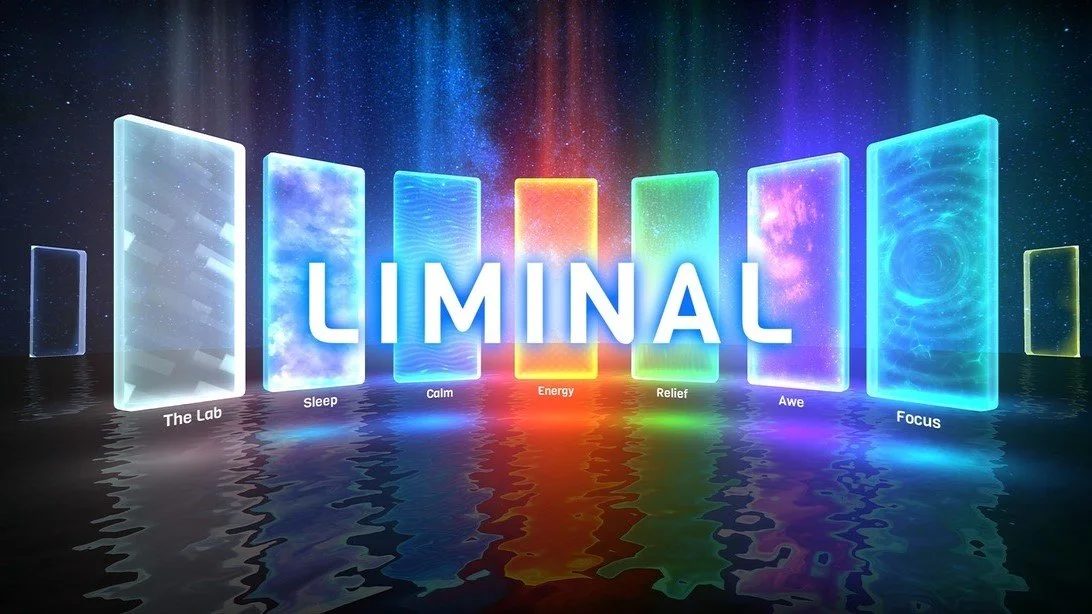Croc Bash
VR Wac-A-Mole game | | Arrrr some pirates are trying to steal yer treasure! Wack them before they get the chance!
Overview
Summary: This is a VR arcade game made in collaboration with Liminal VR through their Educational Partners Program. This game was designed as an experience meant to make users feel energetic and elevate their mood; the wack-a-mole style gameplay of this project lent itself well to this end. I came onto the project halfway through development as a producer and programmer. The new team and I were able to deliver this project to Liminal VR and it has the possibility of being published on their Meta Storefront.
Software: Unity 2019, Liminal VR’s SDKs, Visual Studio 2022
Tags: VR, Unity, C#, Project Management, Game Design, Version Control (Github)
Duties
Debugged several issues that prevented the previous team from moving forward with development.
Programmed and implemented gameplay.
Created and communicated development plans via Github to ensure the project was finished by the deadline.
Created and communicated project tasks based on feedback from playtesters, the Liminal VR team, and peers.
Scheduled and coordinated team meetings with the team at Liminal VR.
Implemented art and audio assets created by the team.
Development Highlights
Debugging the Cause of the Crashes
The project's original gameplay showcased in Unity's viewport.
When I was brought on the project, the project would only run in the editor but any builds that were made crashed once the user got past the landing screen. I spent a few weeks going through the code-base and Liminal VR’s documentation to diagnose the issue.
The original code-base utilized Unity’s Scene Management and Tag Management systems. Both of these systems were incompatible with Liminal VR’s code libraries thus causing builds of the project to crash.
To remedy this, I went through the project and rewrote its code-base so that it didn’t use the incompatible Unity systems. Liminal VR had their own Tag Management system that I implemented into the project. The gameplay was redesigned so that it didn’t need to use the Unity’s Scene Management system. Once these changes were made, we were able to deliver a working build to the team at Liminal VR in order to receive feedback on the current state of the project.
Final Design and Iteration
Final iteration of the project and its public showcase.
Once we were able to deliver working builds of the project, we could refine and polish the various aspects of the project in order to create a fun and cohesive experience:
Getting the timing of the gameplay right and slowly increasing the pace of it as the user continued to play; making sure the interactions were satisfying (visually and audio-wise).
Creating and implementing new models and set pieces to replace the place holders and ensure the game scene’s polygon count didn’t exceed our limit.
Creating and implementing new sound effects to make the game feel more immersive.
Creating and implementing new UI assets that fit the experience’s theming.
Throughout this process of polishing the project, we got continued feedback from the Liminal VR team through weekly meetings. Liminal VR decided they were indeed going to accept our project to potentially publish on their Meta Quest storefront and we promptly gather together the need deliverables for a successful delivery.
